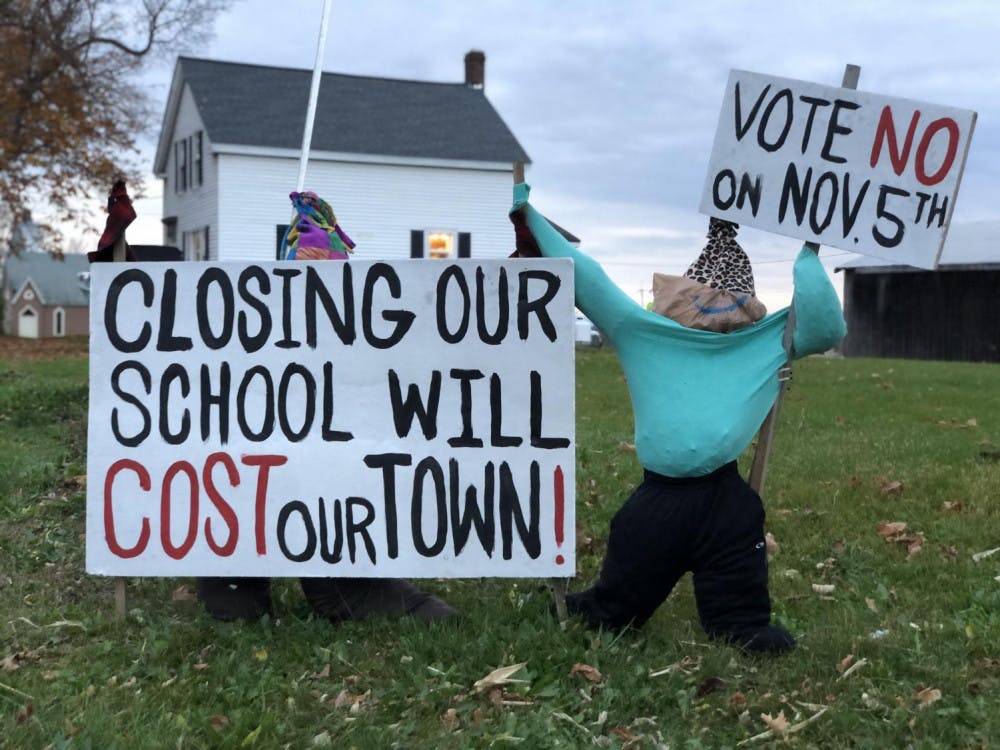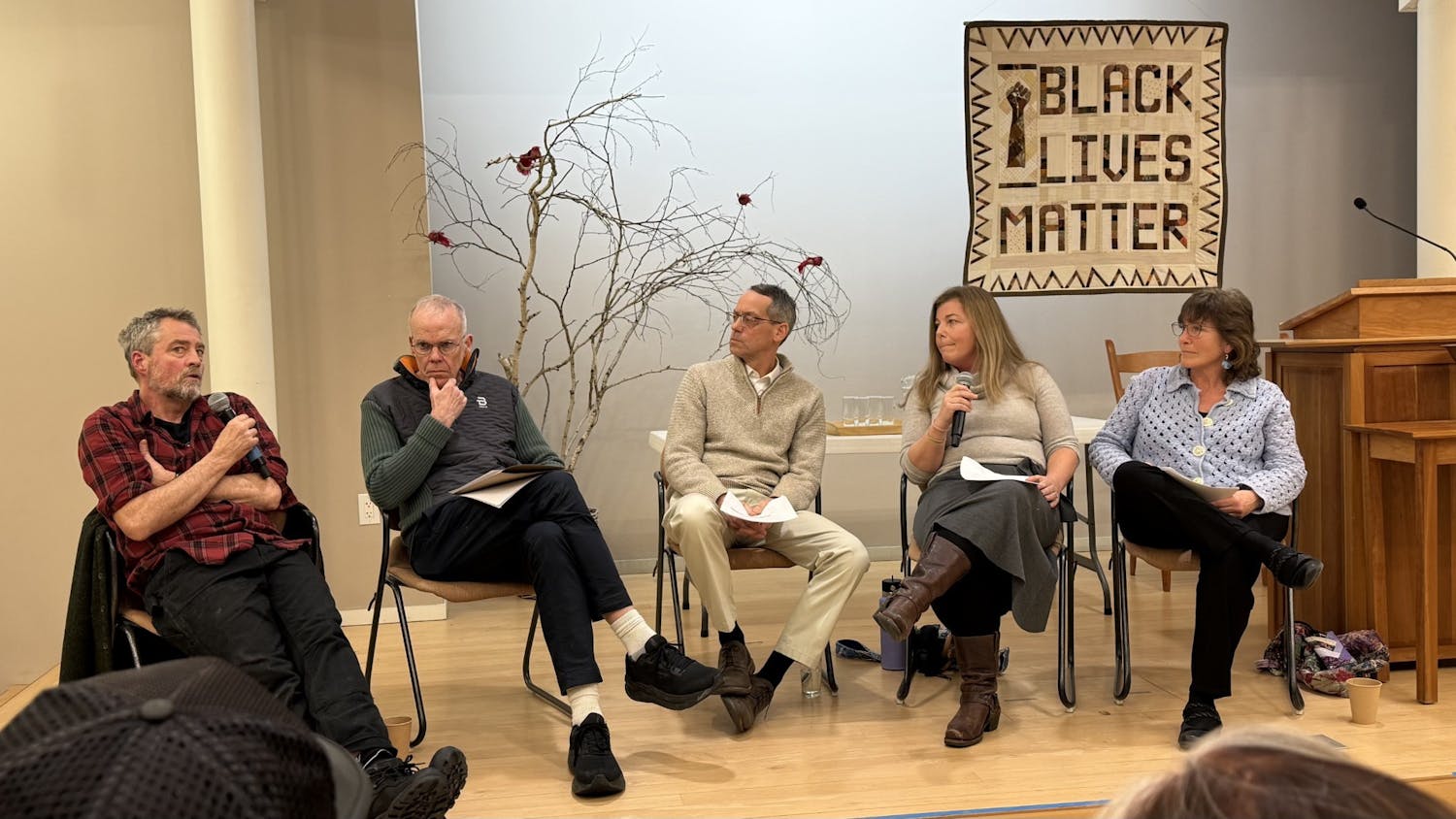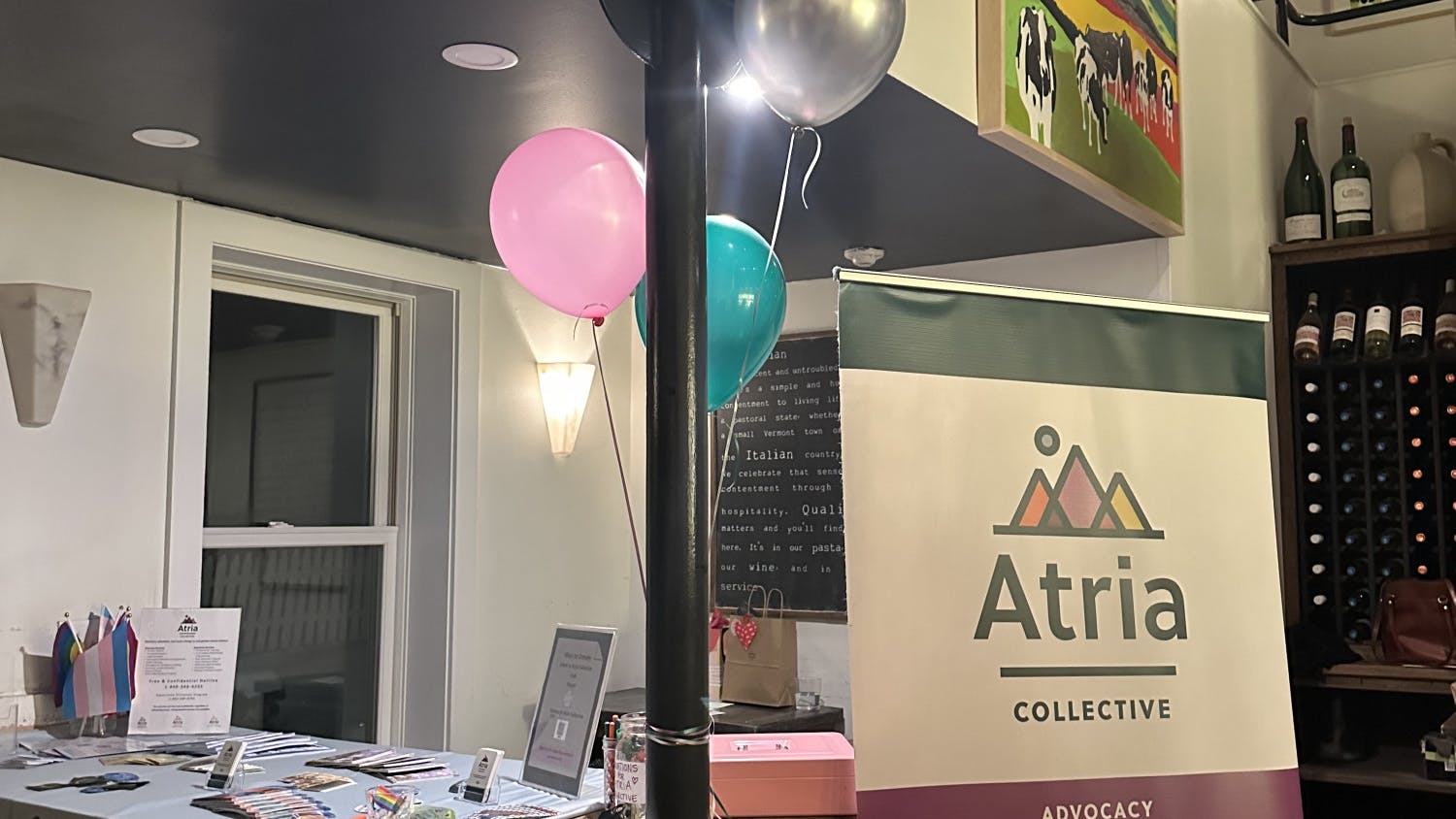Rural Vermont schools are consolidating with larger schools under the guidelines of Act 46, a bill passed in 2015.
“It is the conclusion of a multiyear process to create more sustainable and efficient school governance structures and improve access to quality PreK-12 education for all Vermont students,” reads the State of Vermont Agency of Education’s web page.
While the Senate passed Act 46 — which stipulated school consolidation — in 2015, it allowed schools to merge on their own terms, not forcing consolidation until 2019. This led the act to resurface at the start of last year.
Although some schools requested and received an extension on forced school consolidations at the start of last year, many are fighting against forced mergers altogether.
In a vote last November, the town of Ferrisburgh voted against merging its elementary school with the larger school in nearby Vergennes. Even with the support of the popular vote, Ferrisburgh Central School may still be forced to merge with Vergennes Elementary School next fall, a shift incentivized at the administrative level with the possibility of budget savings.
In addition to voting locally against the mergers, over two-dozen districts have sued the State of Vermont in an attempt to fend off consolidation. The case was heard by the State Supreme Court on Jan. 15, though a decision has not yet been handed down.
The plaintiff schools and attorney David Kelley argue that consolidation of districts disproportionately impacts rural schools, the rural towns that will lose such schools and the students who would be forced to attend school in larger towns nearby. The case against consolidation states that lengthened bus rides, larger class sizes, and the impersonal nature of larger schools disproportionately affect students who previously attended smaller, rural elementary schools.
Editor’s Note: This is the introductory article to a series on school consolidation in rural Vermont.

Ariadne Will ’22 is a local editor for the Campus.
She has previously served as a staff writer, where she covered topics ranging from Middlebury’s Town Meeting to the College’s dance performances.
Will also works for her hometown newspaper, the Daily Sitka Sentinel, where she covers tourism and the Sitka Planning Commission.
She is studying English and American literature with a minor in gender, sexuality and feminist studies.




